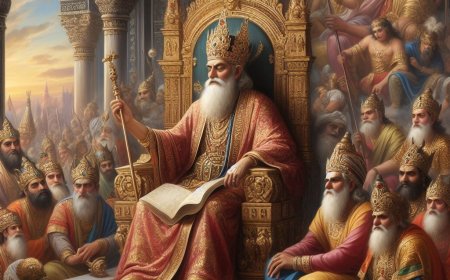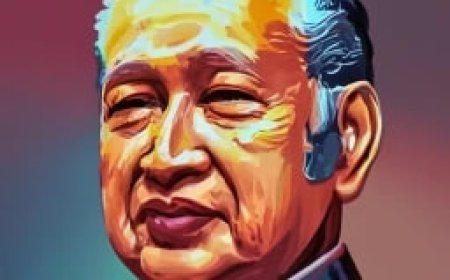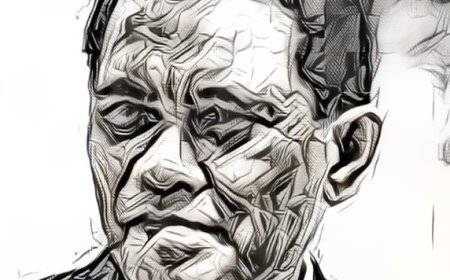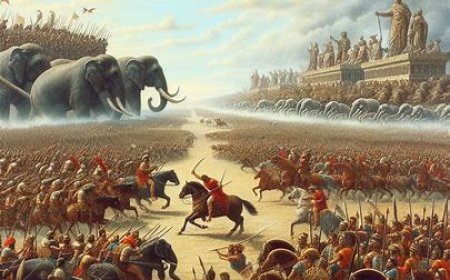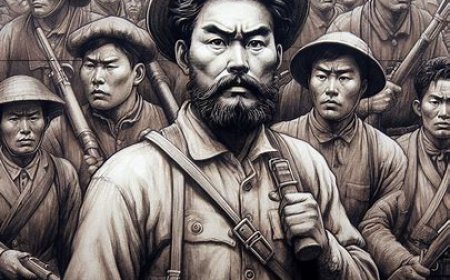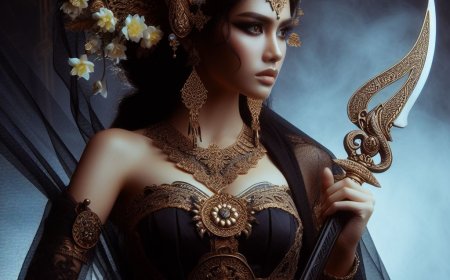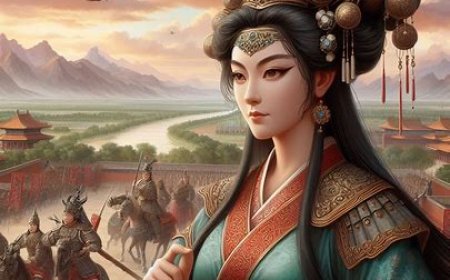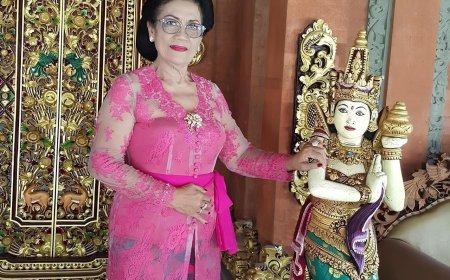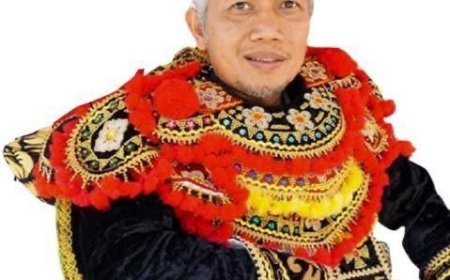Wu Zetian: The Brave Empress Who Transformed the Face of China
Wu Zetian is the only empress in Chinese history. Her leadership, spanning over two decades during the Zhou Dynasty, paved the way for a shift in perspectives on the role of women in politics and governance.
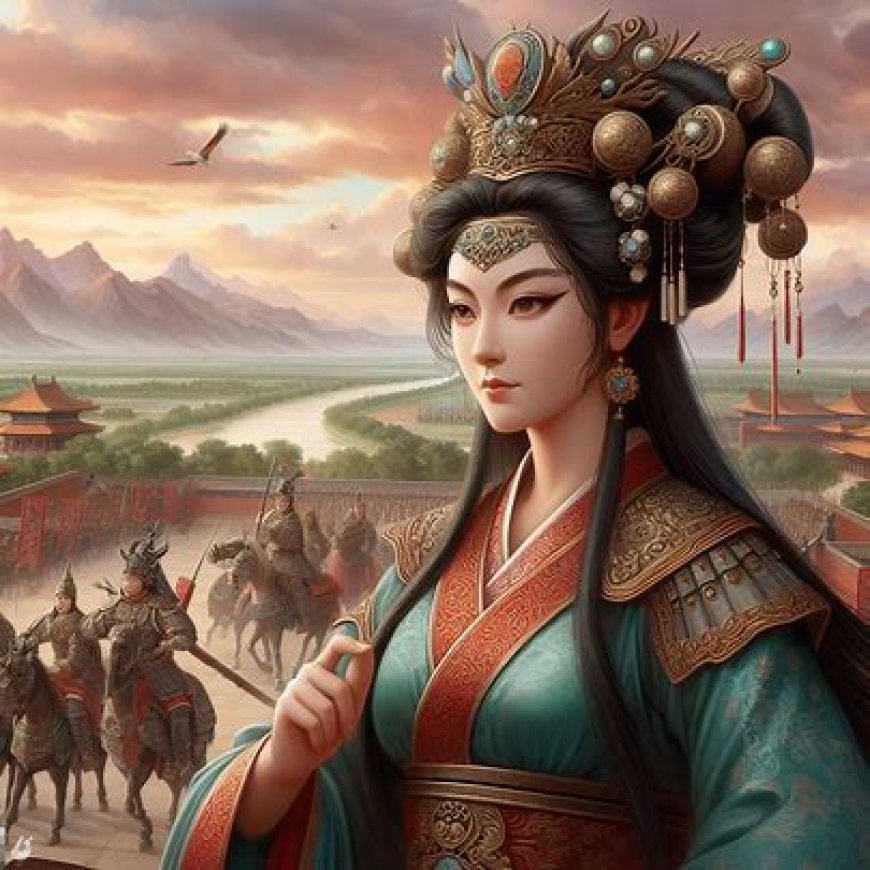
Wu Zetian, also known as Wu Zhao, is a controversial figure in Chinese history who held power as an empress for over two decades. Born in 625 AD, she entered the political circle as a concubine in the Tang dynasty court during the reign of Emperor Taizong. After the death of her husband, Emperor Gaozong, Wu Zetian played a decisive role in Chinese politics.
In 690 AD, after overthrowing Gaozong's sons and orchestrating a series of events that triggered a change in the dynasty, Wu Zetian established the Zhou Dynasty, making her the only empress in Chinese history. Her leadership was marked by significant reforms in various fields.
Wu Zetian is remembered for her legal reforms, including changes to the judicial and punishment systems. She also promoted education and empowered minority groups. Her social policies involved public works for the poor and support for non-Han ethnic groups.
In addition to political and social policies, Wu Zetian also paid attention to arts and culture. She supported the development of arts and architecture, constructing magnificent temples, and providing patronage to artists and scholars. Her involvement in literature and history is reflected in her efforts to compile official histories.
Despite her significant contributions to expanding women's rights and restructuring social dynamics, Wu Zetian's leadership faced criticism and controversy. Some view her as an ambitious and ruthless ruler, while others appreciate her reformist measures.
Wu Zetian abdicated in 705 AD and passed away in the same year. Her complex and controversial legacy continues to be a subject of research and debate in Chinese historical studies.
(source: chatgpt)
What's Your Reaction?












